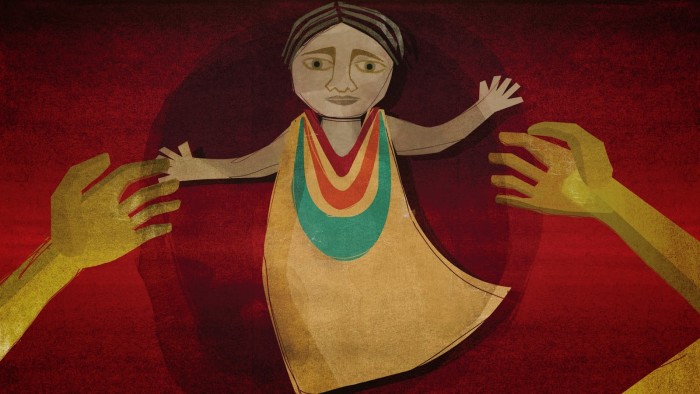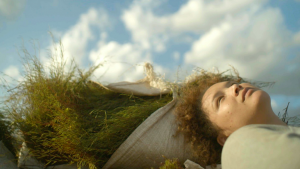One of the world’s most linguistically diverse nations, Mexico encompasses 364 indigenous dialects, belonging to 68 distinct languages, which branch off from 11 language families.
The post-colonial domination by a small handful of European languages and discrimination of native peoples has rendered these indigenous Mexican tongues obscure and near extinct. Enter 68 Voces 68 Corazones (68 Voices, 68 Hearts) – a project that encourages people to take pride in their native cultures.
Founded by filmmaker Gabriela Badillo, 68 Voces is comprised of a group of Mexican artists, writers and filmmakers who have made it their mission to preserve these indigenous cultures and languages through film.

Following the death of her grandfather, who was a native Maya of Maxcanú, Yucatan, Badillo was immediately struck by what was lost along with him: as his life vanished so did an entire world of untold stories, traditions, customs, and languages. It prompted her to dedicate herself to the preservation of indigenous languages and begin 68 Voces.
Indigenous languages have been under threat for centuries. Aboriginal Australian dialects have all but vanished as a result of previous government discouragement and banning, while almost every one of Canada’s aboriginal languages are considered ‘critically endangered’.
Through the tradition of storytelling, Badillo and her team seek to foster a sense of pride in being a member of a culturally rich, indigenous community while also promoting respect for these communities and cultures in the hopes of reducing discrimination and preventing language extinction.
The charming animated stories produced by 68 Voces bring to life the stories of popular Mexican tradition and selected works of indigenous poets and artists. Based on the sentiment that no one can love what they don’t know, the stories are meant to empower the communities and cultures they depict through representation.
“The communities that we have approached have received [the project] with emotion, eager to see part of their history, tradition and culture in a video,” Badillo told Global Voices.
“They are not shown as a ‘static culture’ or a museum exhibit, but rather as something living that is evolving and growing with the times and the new generations; avoiding the usual ‘clichés’ of indigenous people and including the youth of the communities.”

Check out the short films of 68 Voices on Vimeo.







